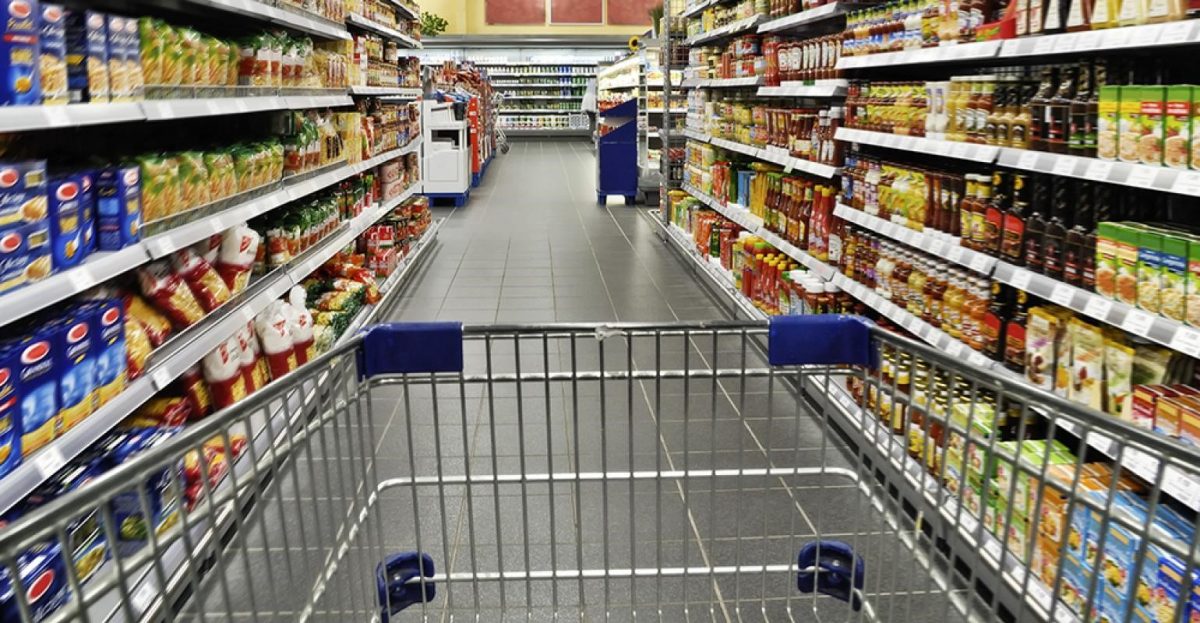
Dr. Elissa Naim

The novel coronavirus disease 2019 (COVID-19), is a respiratory illness that can spread from person to person. Coronaviruses can survive on surfaces for several days, depending on the type of material, temperature and humidity. The viruses can be destroyed by heat (e.g. cooking), common detergents and sanitisers. Here comes the real concern about Food supply chains, Deliveries, Food preps ….
How safe is it to order delivery, takeout, to shop at the grocery or even to prepare food at home as the virus spreads?
To begin, unlike foodborne gastrointestinal viruses like norovirus and hepatitis A that often make people ill through contaminated food, experiences from previous outbreaks of related coronaviruses (SARS-CoV and MERS-CoV) show that transmission through food consumption did not occur. The US Food and Drug Administration (FDA) echoed that it's not aware of any reports suggesting Covid-19 can be transmitted by food or food packaging. Even if you did eat food with the virus, there are not many receptors in the digestive track for the virus to cling to, so swallowing the virus would not likely lead to contracting the illness.
Starting from the agricultural production to food processing, distribution, retail and food service, all have critical infrastructure workers and need to follow food safety protocols of personal hygiene.

Supermarkets can provide an "ideal setting" for virus transfer. Many people are touching and replacing items, checkout belts, cash cards, car park ticket machine buttons, ATM payment buttons, paper receipts etc. in addition of being in the proximity of other people. Thus, bring your face mask, gloves, disinfecting wipes or hand sanitizer with you, along with those planet-friendly reusable grocery bags. It’s preferable to do your shopping alone, in the afterrnoon not in peak times. Once at home, try to get rid of the packaging. For other types of packaging, such as pasta, try to put the food in other closed boxes. For the packaging of products which cannot be unpacked and which go to the refrigerator (milk, yoghurts, etc.), it is advisable to clean with desinfecting wipes before putting them away. For boxes and other preserves you can either store them for 72 hours before using them or wipe them. Wash your hands well before and after unpacking your packages.
For vegetables, wash and rub them with water or soak them with white vinegar or salt.
Food Processing and Deliveries Any real risk of contamination, would come indirectly from the workers handing out the food if they coughed or sneezed directly on the food or packaging, rather than if they just touched it. Yet, likely the food business is following employee health policies and local health department recommendations. As for the employee of delivery who is paying and getting money back is in question, so such as customers asking for food to be left on a porch or at a doorstep, and using touch-free and cashless transactions is advisable. Afterwards, the risk of packaging contamination can be minimised by emptying the contents into a clean dish, disposing of the packaging into a refuse bag and washing your hands thoroughly before you eat. It might be better in the current circumstances to order hot, freshly cooked food, rather than cold or raw items. With a pizza for example, you could even pop it into the microwave for a couple of minutes.
At Home Before preparing or eating food, it's important to wash your hands with clean water and soap for a minimum of 20 seconds. You should also wash your hands after being out in public, touching your face, coughing, sneezing, blowing your nose, or using the bathroom. Hand sanitizer with at least 60% alcohol is also a second option. Other practices, as regular cleaning and sanitising of frequently touched surfaces such as door handles, light switches, work benches, equipment etc. also serve as protection. Furthermore, promptly refrigerating foods, keeping raw and cooked foods separate, and heating food to the appropriate internal temperature.
Food and Lifestyle To boost your immune system many steps should be followed. Try to reduce stress by cooking, dancing, playing music, home crafting, doing your workout wether a walk next to the house or youtube gym workout (but not extreme ones not to stress your body). Sleep at least 7 hours in a row. Try to be exposed to sun through your open window or balcony thus getting a good amount of vit D. Follow a balanced diet rich in fiber, green leafy vegetables (spinach, mache..), citrus fruits (kiwi, orange…) for your vit C intake and food high in zinc such shellfish and eggs, nuts, whole grains and legumes (chickpeas, lentils, beans). Garlic, onions and spices such as ginger and tumeric are rich in antioxidants, which scavenge on free radicals that can weaken the immune system. Include Omega-3 which can be found in seafood and raw nuts. Sugar, processed meat, smoking and alcohol should be reduced since they tend to be inflammatory so they busy the immune system, leaving other problems in your body unaddressed. Moreover, moderate consumption of herbs like Eryngium creticum, thym and Hyssopus officinalis are useful for acute or chronic respiratory problems.
At this point there is no evidence really pointing us towards food/food service as ways that are driving the epidemic. Keep in mind, though, the immune system cannot be boosted overnight. It is about long-term lifestyle changes. Thus, we have to stick on healthy lifestyle to see the difference after months. Let us keep being optimistic.

